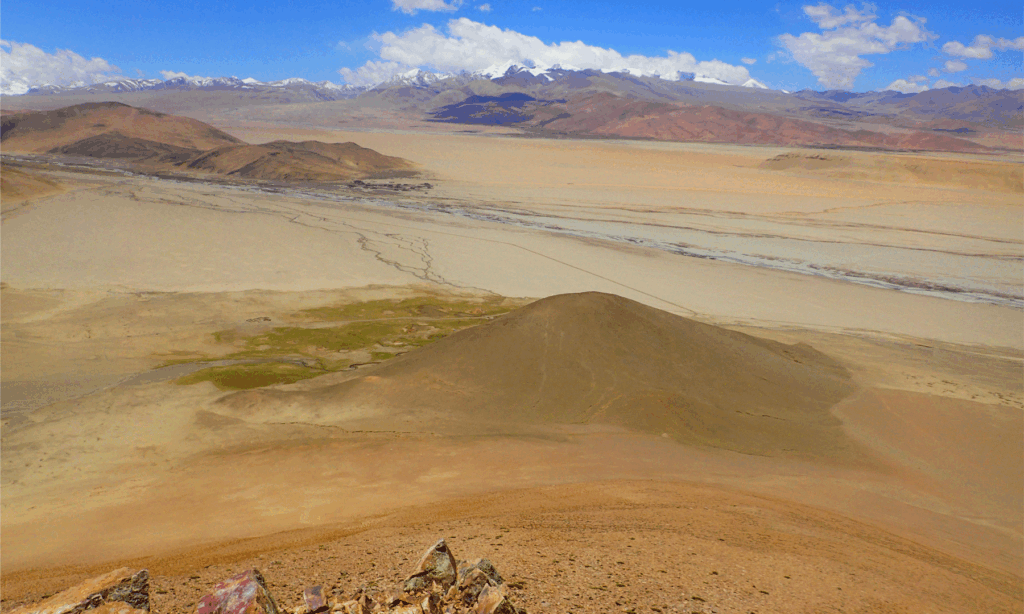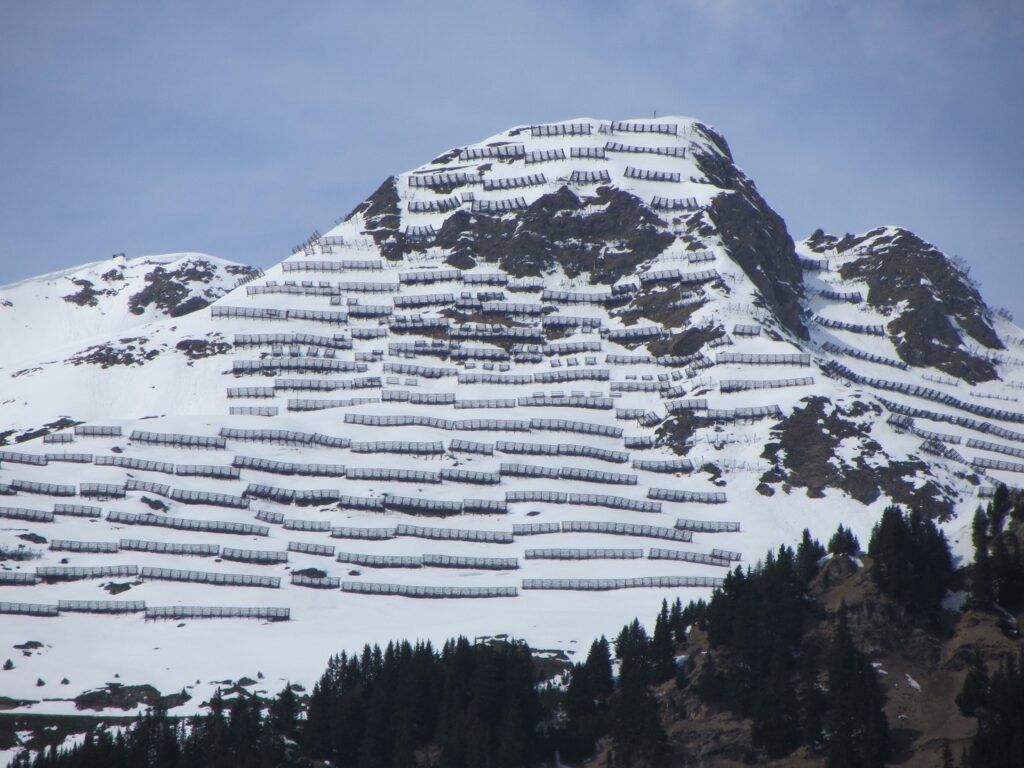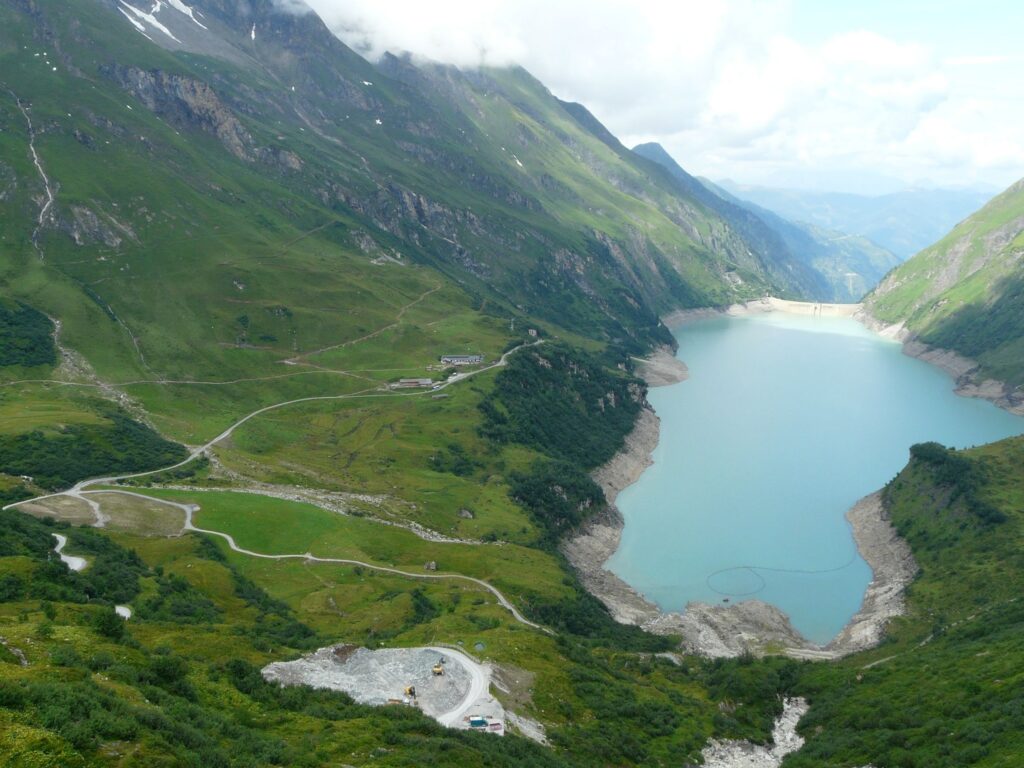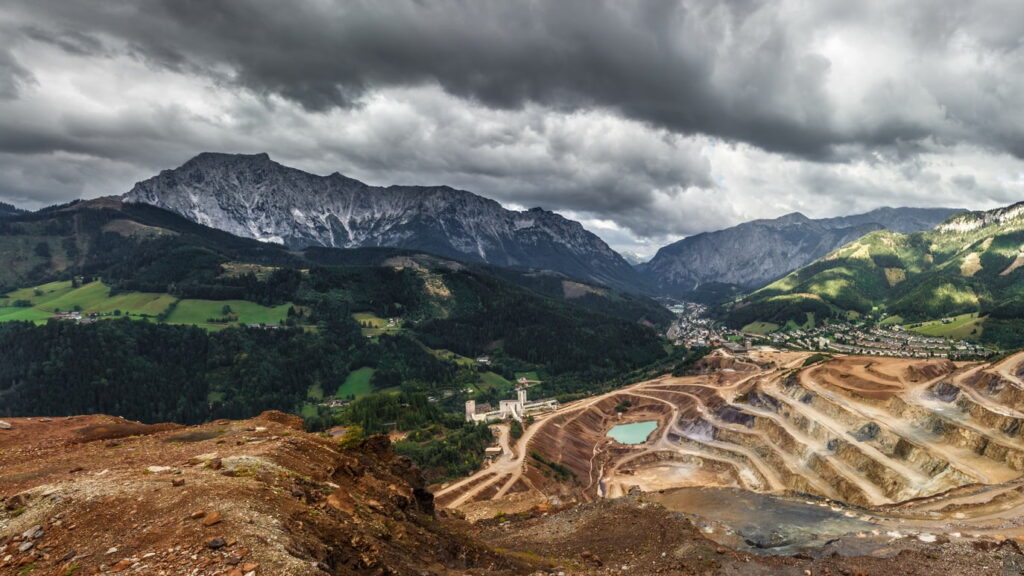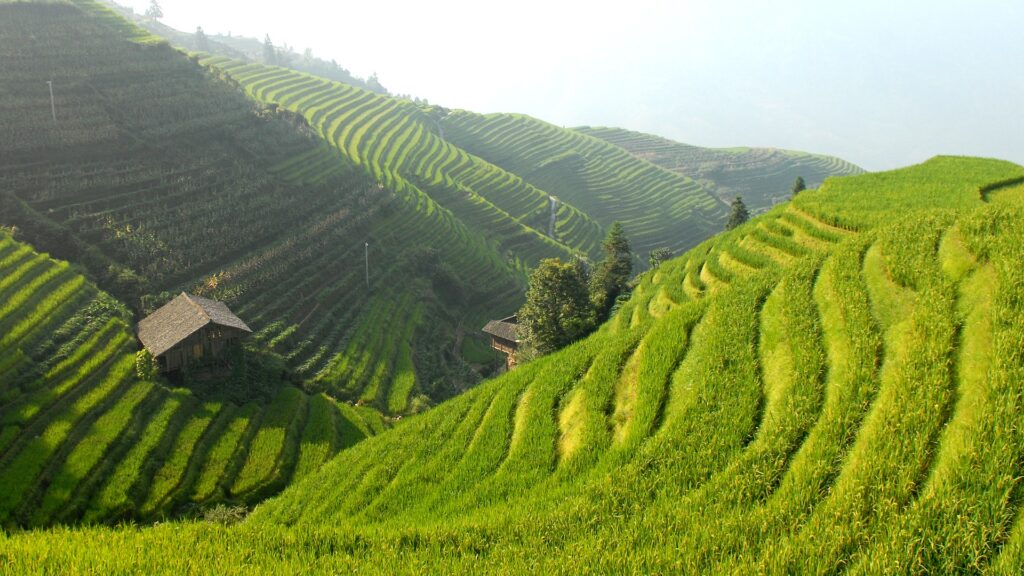Mountain areas are important systems for biodiversity and global biogeochemical cycles and deliver a broad range of essential ecosystem services. In many mountain regions, including the Alps, global change has been taking place at higher rates than on global average with potentially critical impacts on ecosystems, which are characterized by small-scale complexity and high vulnerability. While patterns of the responses of mountain ecosystems to global changes are increasingly emerging, there are significant gaps in the understanding of the underlying processes and their larger scale implications in a future world.
5. Probing the past, predicting the future
Alpine environments are sensitive ecological systems that are prone to climatic and anthropogenic perturbation. While many research initiatives are investigating the impact of our industrial society on alpine landscapes and ecosystems or are looking for possible adaptation and mitigation strategies under warming climatic conditions, comparatively little research has been directed towards a systematic study of human-environmental interactions in alpine environments by pre-industrial societies or during pre-historic times. Such historical perspectives, however, provide a long baseline of past changes needed to understand the natural variability of alpine environments and its resilience over a variety of timescales. The perspectives also provide a variety of links to scientific and historical research results and datasets.
In this synthesis workshop (geo)archaeological, palaeoenvironmental, palaeoclimatic, and ethnohistoric research strands conducted in alpine environments will be brought together. The goal is to create a platform for researchers interested in understanding the historic and long-term perspective of alpine climates and ecosystems and the changing role of humans using these environments.
3. Challenges in implementing the Sendai Framework in Mountain Environments
Up to date, many lives and livelihoods worldwide are lost in the perpetual vicious cycle of “disaster, respond, recover and repeat”. The request during the Sendai World Conference on DRR in 2015 to change the paradigm: “From managing disasters to managing risks,” has not yet taken place completely. In mountain environments systemic & cascading disaster risk and lacking disaster risk management range among main obstacles for sustainable development and transformative resilience. Without improved DRR, prevention and ERP mountain regions will continue to face severe impacts due to climate change, growing populations and rapid urbanization. Hence, an open question is, how the Sendai Framework can be applied to the specific nature/environment of mountain regions. Main challenge is here the topic of risk governance including the missing links in mainstreaming DRR and coherent policies. This workshop follows a trans-disciplinary approach: from science to policy and practice in risk reduction planning. It aims at exchanging on state of knowledge, raise awareness on research gaps, and initiate future research activities on this topic.
2. The blue gold rush – water management and related power structures
(Clean) water as an increasingly valuable and scarce natural resource provided by uplands to the lowlands. Water management and particularly equal access to clean water as an increasingly conflictual topic with high relevance for power structures in mountains. This represents often an international dimension as many mountain regions stretch across national borders. The aim of this Workshop is to stimulate exchange among participants about the diversity and multidimensionality of challenges in water management and to advocate for multidisciplinary research and practice in water management with its local specificities in mountain regions worldwide.
4. Social innovation and community resource management
The management of natural resources plays a crucial role facing the challenges of the ongoing socio-ecological transformation of mountain communities. In mountain areas, community management of resources (e.g. use of pastures in transhumance, use of water for irrigation etc.) has a long tradition. However, the current challenges for resource use (e.g. water, minerals, space for sports and recreational use, cultural and natural heritage designations) involve new stakeholders and need to be actively addressed with new, innovative ideas.
The aim of this workshop is to discuss and compare current and innovative answers to tackle the challenges faced in mountain areas with an inter and transdisciplinary approach/perspective.
6. Mountain food regimes, global challenges and local answers
Food production in mountain areas has become increasingly under threat by global competition. However, the polarisation of the current food regime into “food from nowhere” and “food from somewhere” opens new opportunities for the production of high-quality mountain food products for local and global markets. At the same time, current crises have underpinned the need of local production of basic staple food. Furthermore, the necessary transition to a sustainable bioeconomy provides new competitive arrangements between the production of food, energy and raw materials for industrial conversion with specific implications for the resilience of mountain areas. The workshop aims to synthesize current innovative approaches to tackle these challenges.


